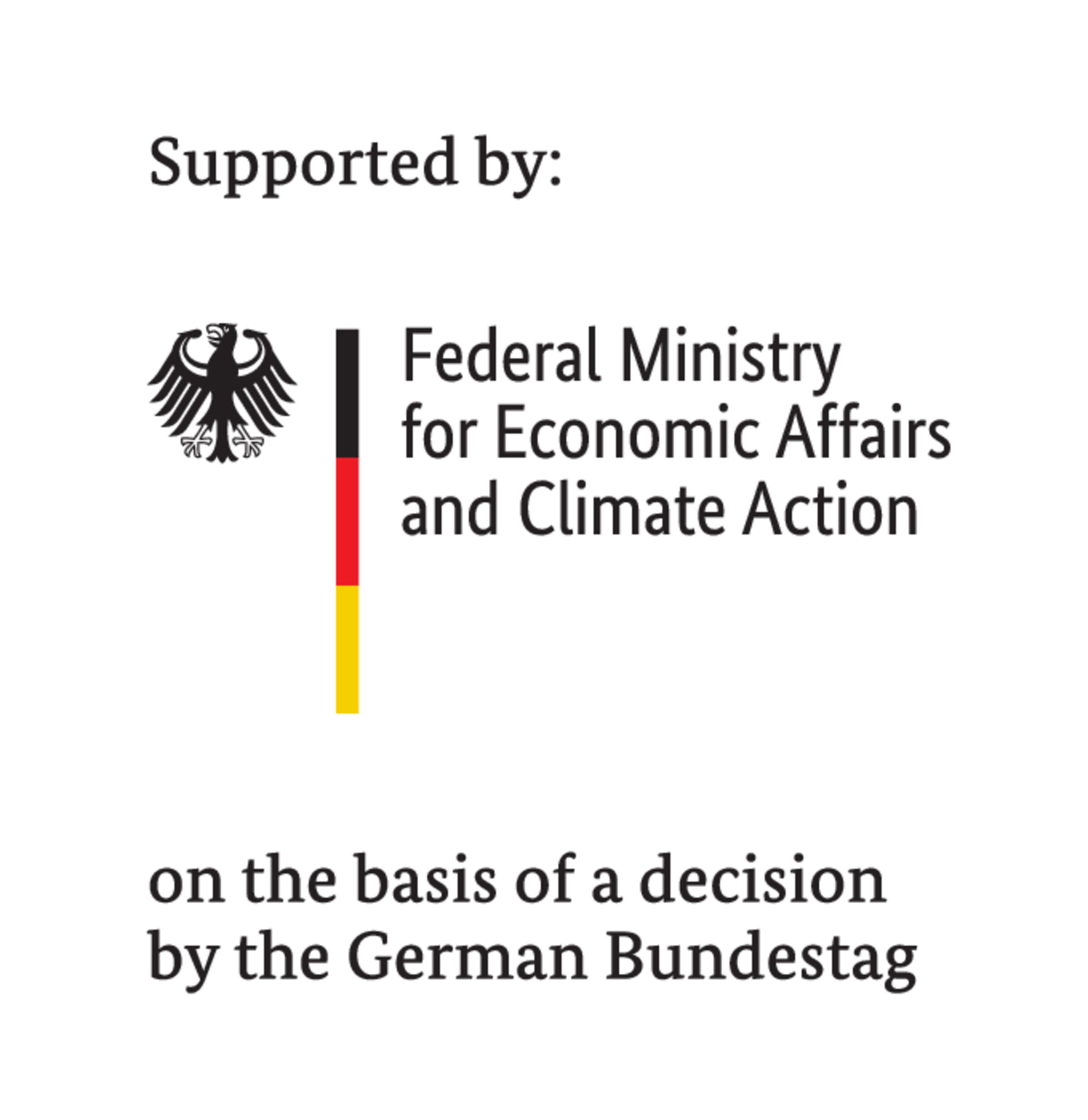Diving into Mechatronics
Fri, 25 Feb 2022
As a branch of engineering science, the major functions are basically other engineering fields such as research, development, design, construction, production, operation, and management of tools, machines, or systems. However, Mechatronics study is a solid base for the further innovation of robotics, software, electrical, and mechanical systems combination.
The mecha in mechatronics stands for mechanical and the tronics stands for electrical. Mechatronics students learn both fields in an interconnected line. However in mechanical engineering, students merely learn about creating, testing, operating and maintaining tools and machines. Whereas in electrical engineering, students construct and develop an electronic system to provide sensor, power, and control systems for tools and machines. Majoring in mechatronics means students learn to create, test, operate and maintain tools and machines by providing an electronic sensor with the command as well the model construction by the information and computer system. Commonly, signal and system, sensor and actuators, physical system modeling, software and data acquisition, also computer and logic systems are things studied in the major. Hence, most mechatronics engineers are adept in using Computer Aided Design (CAD), Computer Aided Manufacturing (CAM) and other engineering software for analyzing, designing, and testing the systems.
Mechatronics provides high impact in developing the most futuristic robots and artificial intelligence tools and engines. From home appliances to manufacturing applications, in earth to even outer space, Mechatronics contribute significantly to the development of our society. Advanced manufacturing require more mechatronics applications to provide an integrated and holistic technical solution in every stage of manufacturing in order to optimize the quality, quantity, and productivity. Meanwhile, as advanced life activities could not be separated from the availability of networks and information, the skill of developing, installing, mending, and maintaining networks, telecommunications equipment, and other mechatronics skills would be key features. Mechatronics is also applied in other sectors such as agriculture to develop and maintain sustainable modern green agriculture methods, or generate clean energy and contribute to climate action. It is also prospective for mechatronics engineers to be involved in bioengineering and nanotechnology fields.
Despite the significant impact and opportunities mechatronics have today and in the future, this major is not well recognized by Indonesians. According to the data from the Indonesian Ministry of Education, Culture, Research, and Technology, from a total of about 16,000 vocational education institutions, the number of educational institutions that offers mechatronics as a majors does not even reach 200 institutions and the students within are relatively scant. Whereas in other countries, mechatronics is becoming a new prospective horizon to pursue. Earning a degree as a mechatronic graduate and attaining substantial validations about related skills counts as a golden ticket for the future global era.
In comparison, Germany offers plenty of excellent educational institutions for pursuing a Mechatronics Degrees. German industries thrive with the application of mechatronics. Indeed, almost all German global enterprises such as BMW, Mercedes, Bosch, Siemens, Bayer, and many more have reached their status under the hand of professional skillful mechatronics engineers.
In recognizing the advantages, Indonesia and Germany is cooperating to implement the latest standard in mechatronics. Specifically through the German Dual Vocational Education and Training (GDVET) under EKONID as a development partner for vocational education institutions, mechatronics in Indonesia is heading towards a better landscape. As a pilot project for the mechatronics program, a vocational school in Jakarta (SMKN 56 Jakarta) has discovered the benefits of joining this program and is moving towards runnning a second batch. The hope is that by having more vocational schools and companies joining the program, Indonesia can reap the benefits of being a part of the future of industry.
"Education Indonesia" is a brand of German-Indonesian Chamber of Industry and Commerce (EKONID)


